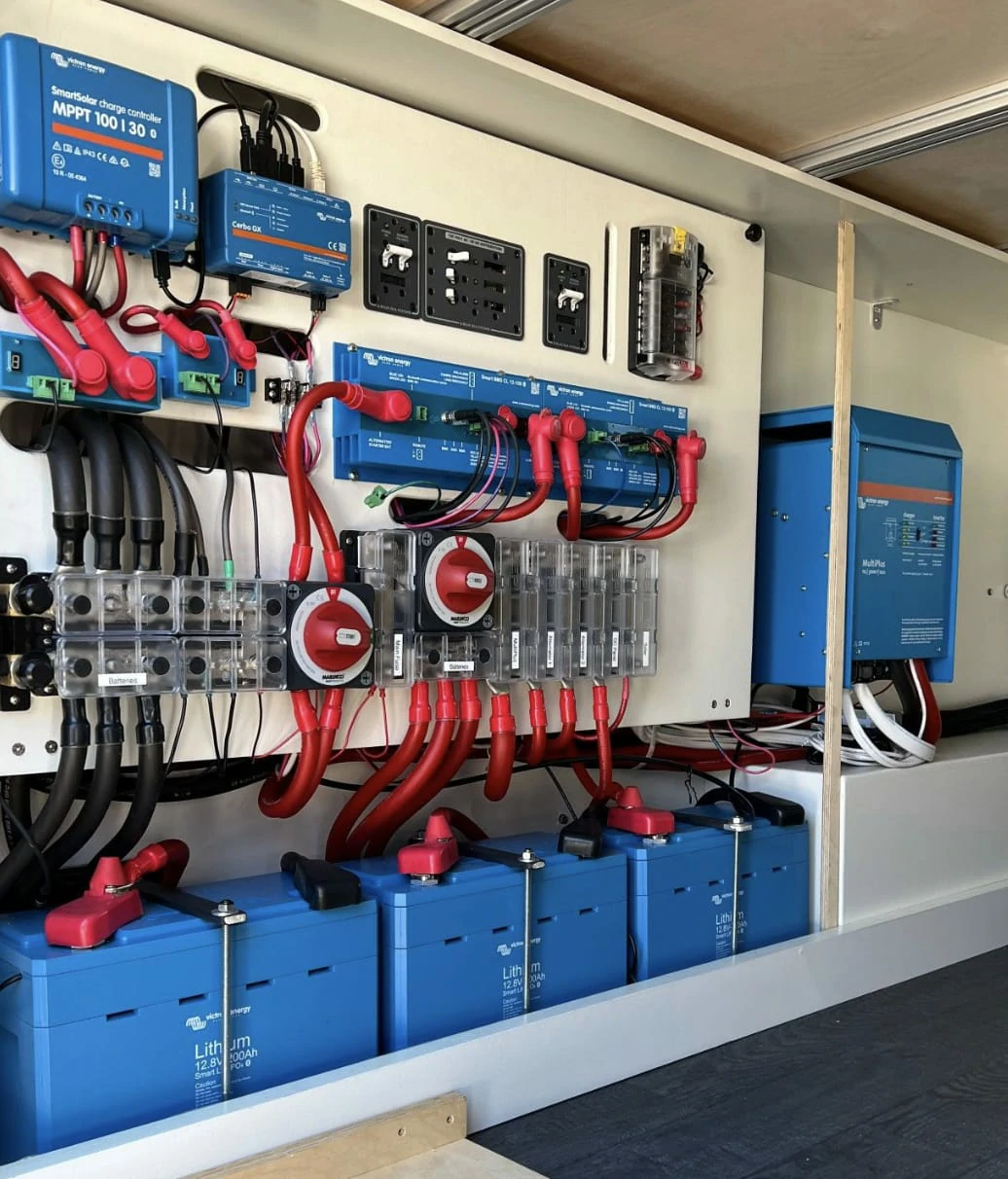R&D Solutions
Advantages of Commercial Solar Panels:
In recent years, the adoption of commercial solar panels has seen a significant surge, driven by increasing environmental concerns and the pursuit of sustainable energy sources.
One of the primary advantages of commercial solar panels is their ability to significantly reduce electricity bills. By generating their own power, businesses can lower their reliance on the grid and potentially eliminate electricity costs altogether.
Solar panels provide a reliable source of energy, reducing dependence on volatile energy markets. This can lead to greater energy security for businesses.
Commercial solar panels produce clean, renewable energy, reducing the carbon footprint of businesses. This aligns with corporate social responsibility goals and can enhance brand reputation.
Many governments and utilities offer financial incentives, such as tax credits, rebates, and feed-in tariffs, to encourage the adoption of solar energy. These incentives can help offset the initial cost of installation.

R&D Solutions
- We explore the opportunity of utilising the solar energy in various different sectors in various different applications.
- In one of our projects we use solar energy to space cooling ,minimising the usage of conventional diesel power.
How it works
Commercial Solar Panels helps Environment
Reduced Greenhouse Gas Emissions:
Solar panels generate electricity from sunlight, a renewable energy source that produces no greenhouse gas emissions during operation. By using solar panels, businesses can reduce their reliance on fossil fuels, which are a major source of greenhouse gas emissions.
Decreased Air Pollution:
The use of solar panels reduces the demand for electricity from fossil fuel power plants, which emit pollutants such as sulfur dioxide, nitrogen oxides, and particulate matter. By reducing the demand for electricity from these sources, solar panels help improve air quality and reduce the impact of air pollution on human health and the environment.
Conservation of Natural Resources:
Solar panels generate electricity without the need for water or other natural resources, unlike fossil fuel power plants that require large amounts of water for cooling and fuel extraction. By using solar panels, businesses can help conserve these valuable resources.
Mitigation of Climate Change:
Solar panels help mitigate climate change by reducing the emission of greenhouse gases that contribute to global warming. By generating electricity from sunlight, solar panels help reduce the carbon footprint of businesses and contribute to a more sustainable future.
The return on investment for commercial solar panels depends on various factors, including the cost of installation, the amount of electricity generated, and the savings achieved on electricity bills. Generally, commercial solar panels have a relatively short payback period, often ranging from 3 to 7 years, after which businesses can enjoy significant cost savings.
FAQ
Government Norms and Regulations
In India, the government has implemented several norms and regulations to promote the adoption of commercial solar panels. These regulations aim to facilitate the installation and operation of solar power systems, ensure their safety and efficiency, and provide incentives to encourage investment in solar energy. Here are some key norms and regulations:
